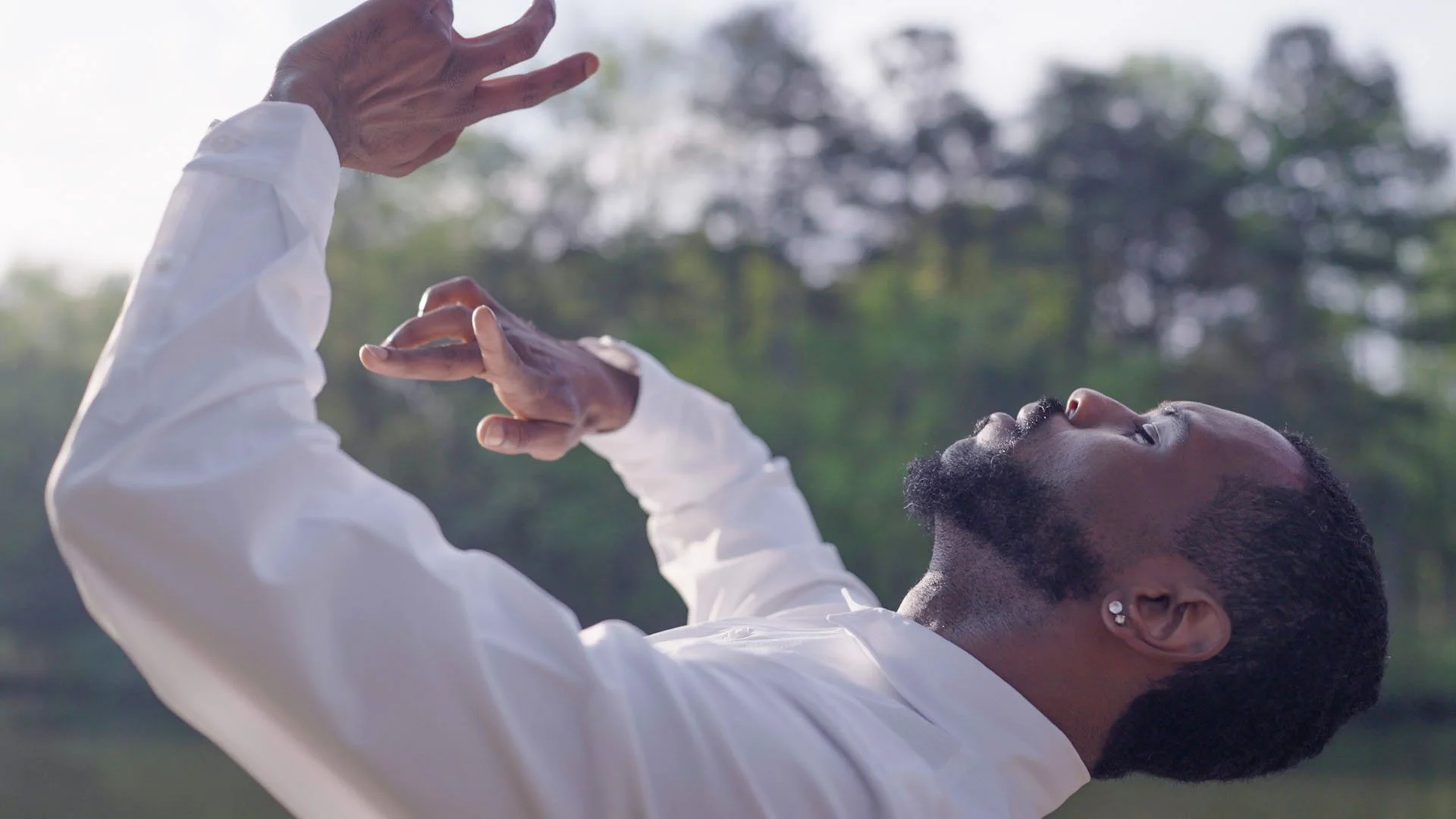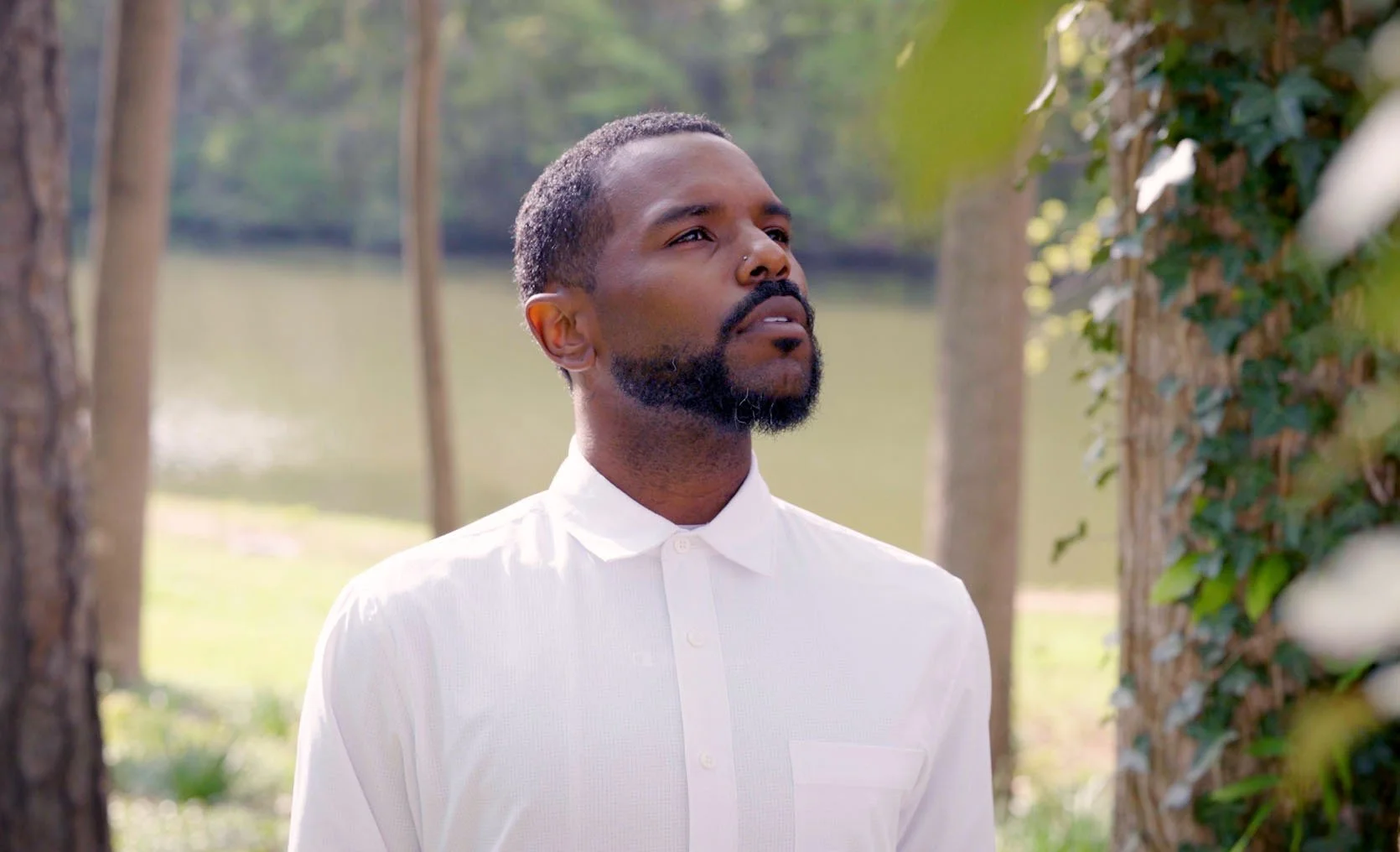Voices of Katie B.
Working in the field of nursing is a "calling" similar to ministry, said Hilda B. Jolly, a 1966 graduate of Kate Bitting Reynolds Memorial Hospital School of Nursing. A calling, or yearning to serve, is the sentiment you get from alumni of the nursing school that closed in 1970. According to an article in the May, 1976 edition of the Journal of the National Medical Association, there was a time before "Katie B.," where "blacks were either cared for at home or not at all." That need, along with pressure from the Twin City Medical Society, a local Black physicians' organization, fueled the birth of Katie B. With assistance from William Neal Reynolds, Kate Bitting Reynolds, and the Duke Foundation, the 100-bed hospital opened in 1938, and for 32 years, the Black staff and students built and sustained the institution, ensuring its legacy.
Legacy is a fitting word when you think about Black medical professionals, including nurses. The indignities they faced, particularly in the early 20th century, ran parallel to what was happening across the United States. Maria Smilios, author of The Black Angels: The Untold Story of the Nurses Who Helped Cure Tuberculosis, writes that the America that "drew lines around water fountains and waiting rooms, buses, schools, museums, bathrooms, and sidewalks had also extended them to hospital wards." But nurses and doctors persisted and worked in their own institutions to serve their communities, creating legacies rooted in service. As 1963 Katie B. graduate Gloria H. Millner said, her generation joined the field of medical professionals so they could "render a better service and better care for our Black people in Winston-Salem." That service extended beyond the walls of the hospital. Dr. Hubert Eaton, who did his residency at Kate Bitting, not only set up a successful practice in Wilmington, N.C., but also waged legal battles against the segregated hospital and for school equalization in the Port City.
After an annex was added in 1941, Katie B. was the third largest Black hospital in the country, and by 1963, the facility was at capacity. Dr. Henry Rembert Malloy, a surgeon at Kate Bitting and for whom the Malloy/Jordan Heritage Center is named, said in a 2003 interview that "the Black community was proud of Katie. B. ... It was a symbol of Black competency, efficiency." That description, that legacy, 1969 graduate Jacqueline N. Howell said, is how students were "nourished" from seeds to "flourishing plants and flowers."
WATCH THE TRAILER BELOW: The full short film is available for viewing during special events. Contact us for more information.
Watch the trailer for Voices of Katie B.
About
In the movement piece Voices of Katie B., viewers hear graduates proclaiming love and appreciation for their institution, a powerful rumination of the service it provided to them and the community.
Video: Julia Wall
Runtime: 4:11
Score:
Anthony Otto Nelson, Jr. using Night by Sean Williams
Choreography/dance: Anthony Otto Nelson, Jr.
Directors: Anthony Otto Nelson, Jr.; Myra Weise; Michael S. Williams
Location: NCMA Winston-Salem
Executive Producer: Michael S. Williams
Voice recordings: Dr. Betty Alexander, Corinne C. Gibson, Jacqueline N. Howell, Hilda B. Jolly, Phyllis R. Little, Gloria H. Millner, Joyce W. Paul
Image by Julia Wall.
Anthony Otto Nelson, Jr. is a native of Durham, North Carolina. He brings the knowledge of connecting one's embodied experiences to one's external reality as a means for personal and relational transformation. As a dancer and organizer of healing and digital "self-work" spaces, Otto embodies the freedom of expression by trade and as a facilitator of process and execution.
Currently he serves the world by developing deeper connections through movement and voice and teaching them as modes of self-exploration, inner healing, and collective recognition. He knows that our bodies hold the keys to our collective transformation while they can also cling desperately to the behaviors, ideas, and concepts that no longer serve us well. Otto moves as a spirit of exploration.


